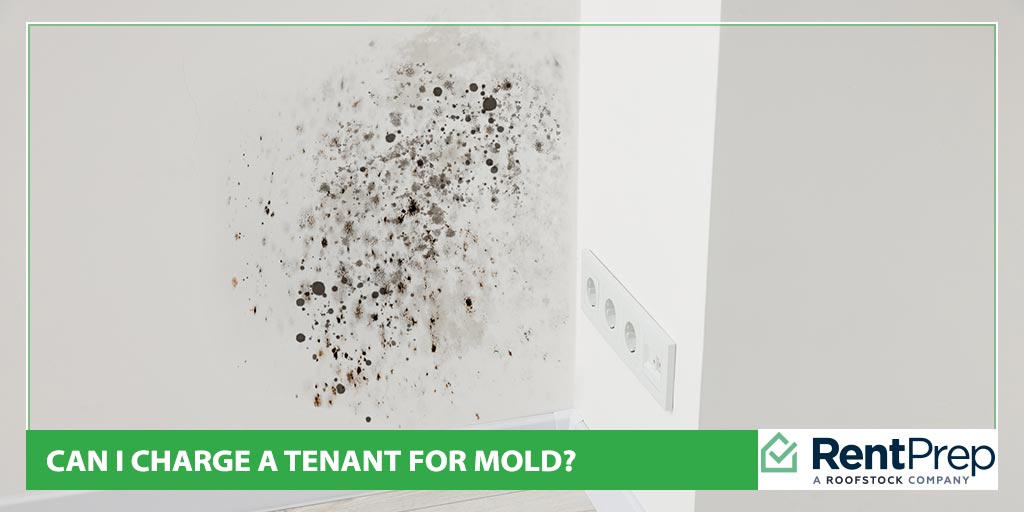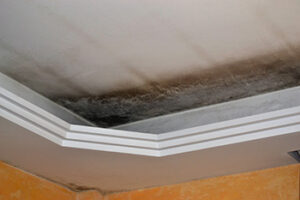
Many landlords have questions about what kinds of repairs they can deduct from the tenant’s security deposit. After all, there can be a lot of gray area when it comes to wear and tear. Most of the damage is discovered after the tenant has moved out and the landlord has a chance to look at the rental. It’s common to spot toxic mold at inspections.
Many landlords wonder if they can charge a tenant for mold that they discover in the rental property.
When Landlords Should Charge a Tenant for Mold
The presence of mold in rooms with excessive moisture, like bathrooms, is very common. That’s because mold likes to grow in damp, dark spaces. If tenants don’t follow some basic mold-prevention steps, it’s easy for the fungus to grow on walls, tile, tubs and more.
Rental units should be completely mold free before move in. Tenants are then responsible for keeping it mold-free. If tenants don’t properly ventilate the bathroom during and after showering, for example, mold can grow on the walls, ceiling and more quite quickly. Failing to clean regularly can also lead to mold.
Sometimes, tenants don’t report problems with leaking pipes or other moisture issues to the landlord. If there’s no report, the landlord cannot fix it. This can also lead to mold problems.
Ultimately, landlords should charge a tenant for mold if it was caused by something the tenant did or failed to do.
When Landlords Should Not Charge a Tenant for Mold

Sometimes mold grows in places where it’s hard to see. The cause of the moisture may be due to excess humidity or extra rainfall during a spring or fall season. It can even be a leaking pipe in between the walls that is only noticed when the mold has flourished. Faulty roof shingles, roof venting and downspouts can also contribute to water getting inside a house.
If the tenant reports the problem as soon as it is noticed, landlords have the responsibility to treat it at their own expense. Mold can spread rapidly, so treatment should be immediate.
If landlords fail to act quickly to make repairs and treat the mold, causing more mold damage, that is not the tenant’s fault.
Tenants should not be charged for mold issues if it was caused by something the landlord did or failed to do. They should not be charged if the mold is due to a structural issue or simply an accident.
RentPrep’s Take On Whether to Charge a Tenant for Mold
The landlords we associate with understand the difference between mold issues caused by tenants and those caused by outside circumstances.
As with any case involving deductions from the security deposit, there are different state laws. Most states require an itemized list of deductions. Some states require tenants get copies of maintenance work and material receipts. Landlords should always keep photos of the damage and document all the repair work.
It should be noted that mold issues can often be caught early by scheduling regular inspections of the unit. Some states don’t allow these, while others do.
What Are Other Landlords Saying About How to Charge a Tenant for Mold
Every landlord wants to keep their rental property in excellent shape. Mold can quickly turn a nice unit into one that is uninhabitable. It can also be costly to restore. That’s why it’s important for both landlords and tenants to work together to prevent mold. If mold does appear, it needs to be clear that it is caused by the tenant before charging them.
Here’s a screenshot of landlords discussing this question in our private Facebook group for Landlords.
 You can see even more comments on that post by checking it out in the group.
You can see even more comments on that post by checking it out in the group.

